Yates Account
Join now
Create a Yates account today!
Sign up to join the Yates Garden Club for monthly e-mails packed with seasonal inspiration, tips for success & exclusive promotions.
Plus if you’re a Garden Club member you can take part in the Yates Growing Community - a blog to share successes, get advice & win prizes in fun challenges along the way!

Forgot password
Enter the email address associated with your account, and we'll email you a new password.
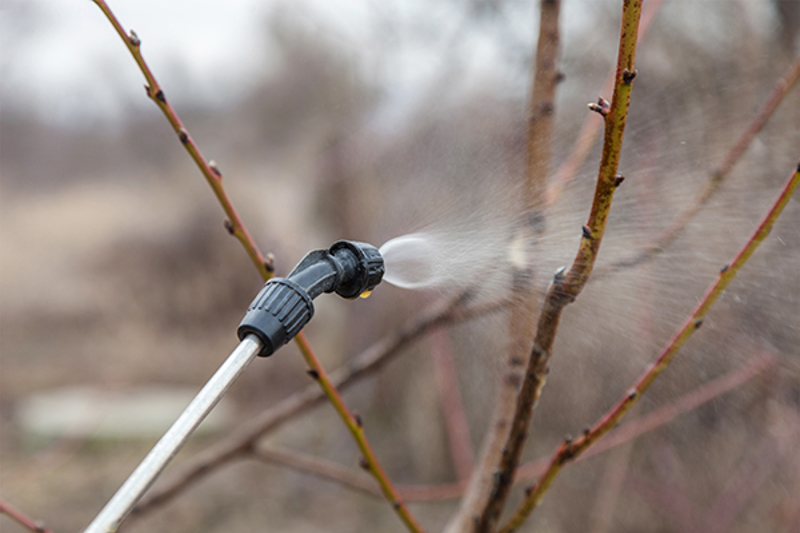
Winter is an important time to care for fruit trees; while the branches are bare and trees are dormant it’s your best opportunity to tackle lurking diseases, along with insect pests over-wintering in the bark and crevices of your trees.
Fortunately, you can take care of diseases AND insects with a single spray. A winter application of Yates Lime Sulfur will control stone fruit diseases like powdery mildew, black spot and rust, as well as mites and scale insects. You'll be happy you did it at harvest time!
Lime Sulfur is largely a preventative spray. Without pre-emptive spraying, pathogens and insects can get a foothold as soon as vulnerable new growth begins in spring. It’s much easier to prevent than cure! It’s especially important to take this step if you’ve had disease or pest problems in previous seasons. It’s better to tackle them before they affect the new spring growth, or spread to other trees.
Lime Sulfur is quite stinky (sulfur smells a bit like rotten eggs) and can stain (spray carefully), but it’s worth putting up with the hassle for the protection it offers. If you spray all the stems and trunk thoroughly before new foliage emerges, it gives your trees a clear head-start in spring, so they can concentrate on producing a fantastic harvest.
Pro Tip: Be careful using Lime Sulfur on evergreen plants, as it will cause defoliation and leaf burn at full strength. This is actually a benefit with roses: if you spray during late May or early June it’ll cause them to drop their foliage and force them into dormancy. This is especially beneficial in areas with mild winters, where roses may not naturally enter dormancy.
Lime Sulfur also has a more diluted 'summer rate' on the label, in case you need to use it as a fungicide on trees and plants that are in leaf. During summer, avoid using Lime Sulfur on hot, sunny days, as it may burn foliage and fruit.
Because Lime Sulfur isn't compatible with any other sprays, allow a 3-week gap before applying alternative winter clean up products, like Yates Conqueror Oil or Yates Copper Oxychloride.
When spraying fungicides, remember good coverage is essential, as they usually work by coating the plant surfaces with a protective barrier against spores and bacteria.



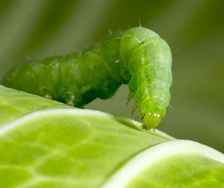
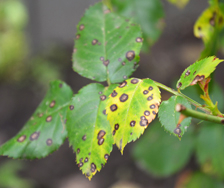
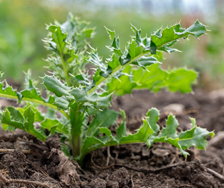
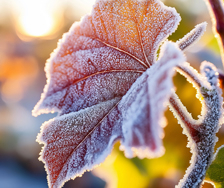










Share
Share this article on social media